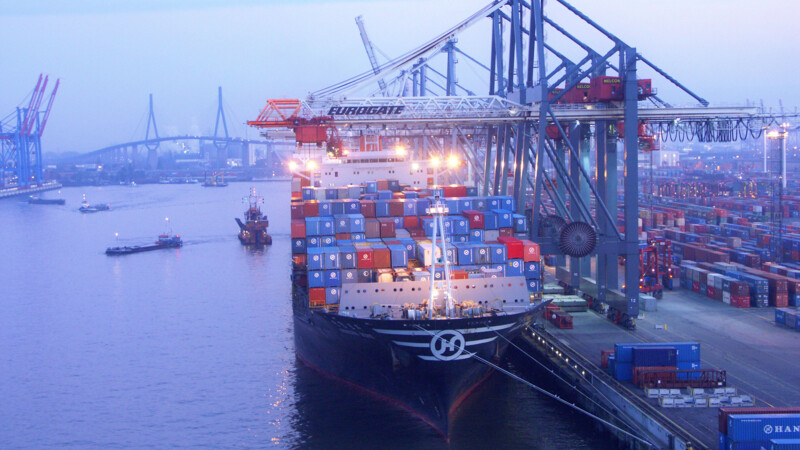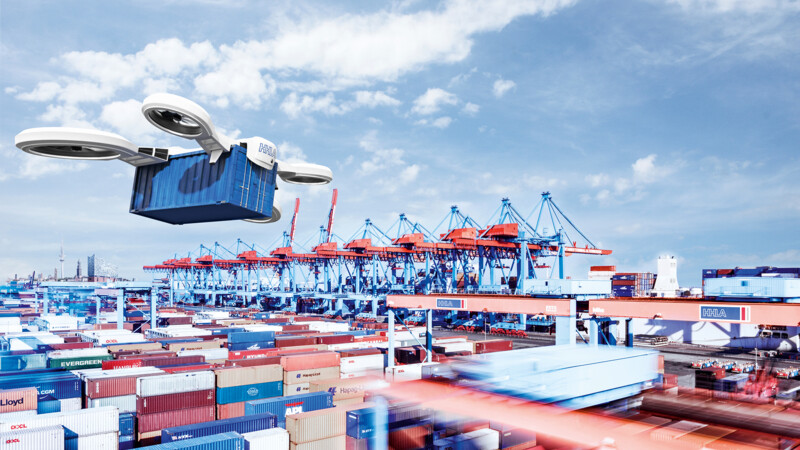Speaking at the World Artificial Intelligence Conference (WAIC) held from July 9-11, 2020 in Shanghai, Angela Titzrath, CEO of HHLA, stressed the importance of machine learning, and noted: “Advancing digitalisation is changing the logistics industry and our port business with it. Machine learning solutions provide us with many opportunities to increase productivity and capacity rates at the terminals.” HHLA plans to use machine learning in other divisions, she added.
HHLA using machine learning to raise productivity in Port of Hamburg
Hamburger Hafen und Logistik AG (HHLA) has launched machine learning solutions (ML) at the Container Terminals Altenwerder (CTA) and Burchardkai (CTB) making the company one of the first to integrate the technology worldwide, a press release said Friday (July 10, 2020). The move allows HHLA to predict the length of stay at the terminals and to raise the overall productivity.
World Artificial Intelligence Conference
Predicting storage and dwell times
ML-based forecasts should increase the productivity of automated block storage at CTA and allow operators to predict the precise pickup time of a container. Processes can be optimised when steel boxes do not have to be restacked during dwell time, which the technology calculates. It uses an algorithm based on historic data, which is continually optimized thanks to state-of-the-art machine learning methods. A similar solution is in operation at CTB, where both a conventional container yard and an automated one are used. ML has eased operations there by allocating optimised container slots. The algorithm can calculate the type of delivery and predict whether a container will be loaded onto a lorry, train or a ship more accurately than the reported data.
Noticeable, positive effects
HHLA has also used machine learning to predict the date for replacing steel cables on the container gantry cranes. This avoids delayed operations and keeps costs to a minimum. The use of autonomous lorries and tests of drones for drivers make HHLA a catalyst of digitalization. A significant, positive effect can already be seen at both terminals as the containers are stored based on their predicted pickup time and are moved less frequently. The projects were driven forward by teams from HHLA and its consulting subsidiary Hamburg Port Consulting (HPC).
sm/pb
Sources and further information
More
Similar articles

HHLA to become climate neutral by 2040

